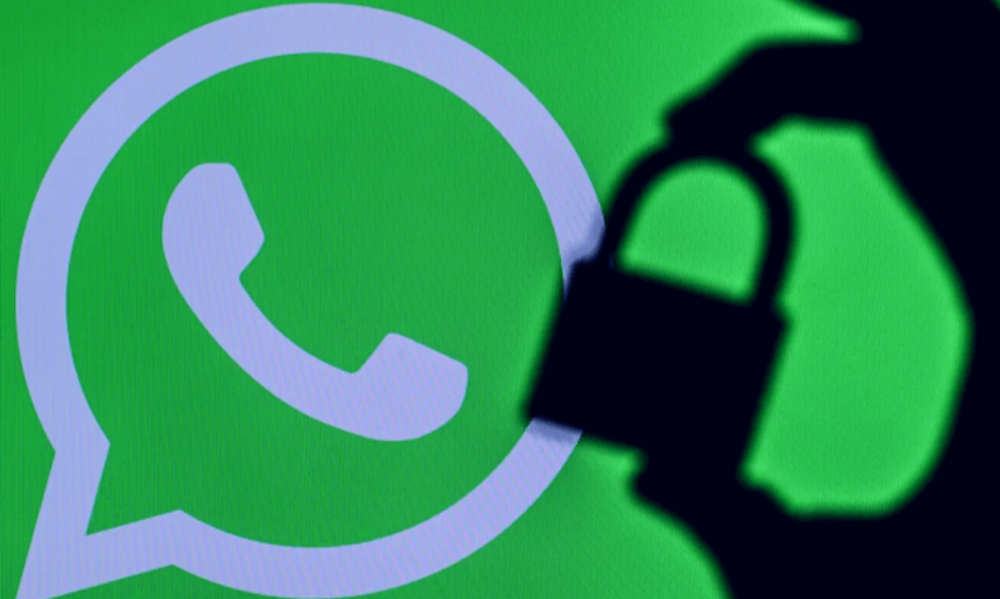Published on: April 26, 2024 19:35 IST
In this current age of digital communication, where the exchange of information occurs at lightning speed across borders, without anytime, the debate over privacy versus security has taking center stage. WhatsApp, one of the world’s most popular messaging platforms, finds itself at the heart of this debate in India, as it battles against government regulations that threaten its end-to-end encryption model.
WhatsApp’s in today’s statement in the Delhi High Court, asserting that breaking message encryption would spell the end of its platform in India, has ignited a contentious discussion on the delicate balance between an individual’s right to privacy and the government’s imperative to ensure national security.
The main issue lies in Rule 4(2) of the Information Technology (Intermediary Guidelines and Digital Media Ethics Code) Rules, 2021, which mandates that social media companies providing messaging services must disclose the first originator of a message upon court or competent authority orders. The rule, while ostensibly aimed at curbing illegal activities such as communal violence or dissemination of harmful content, raises significant concerns regarding privacy infringement and freedom of speech.
WhatsApp’s stance against this rule is clear and resolute. The company contends that complying with the traceability requirement would compel it to breach its end-to-end encryption, thereby jeopardizing the privacy rights of its millions of users. Moreover, WhatsApp argues that storing vast amounts of message data for potential decryption requests would be impractical and intrusive.
Advocate Tejas Karia, representing WhatsApp, emphasized the platform’s commitment to privacy, stating that users rely on its encryption to safeguard their communications. The assertion that “WhatsApp goes” if encryption is compromised underscores the company’s unwavering stance on protecting user privacy, even at the risk of facing legal consequences.
However, the government’s submission on the matter highlights the need for a nuanced approach to balance privacy concerns with security imperatives. While acknowledging the importance of privacy rights, the government contends that they are not absolute and must be weighed against the broader interests of national security and public order.
Central to the government’s argument is the assertion that WhatsApp and its parent company, Meta, profit from user data and therefore cannot claim absolute privacy protection. This assertion underscores broader global concerns regarding the accountability of tech giants in handling user data and the need for regulatory oversight.
The judiciary, tasked with adjudicating this complex issue, faces the challenge of reconciling conflicting interests. The Delhi High Court bench, acknowledging the inherent tension between privacy and security, signaled the need for a balanced approach. While privacy rights must be upheld, the court recognized the legitimate concerns raised by the government regarding the traceability of messages in cases of communal violence and other serious offenses.
The court’s decision, expected to be delivered on August 14, will undoubtedly have far-reaching implications for digital privacy rights in India. It presents an opportunity to establish a precedent that safeguards individual privacy while addressing legitimate security concerns.
‘Balance Needed’
Today High Court said privacy rights are not absolute and “somewhere balance has to be done.” This was after the Central government counsel said the rule was needed to trace and catch the originator of messages on such platforms in cases like those related to communal violence.

